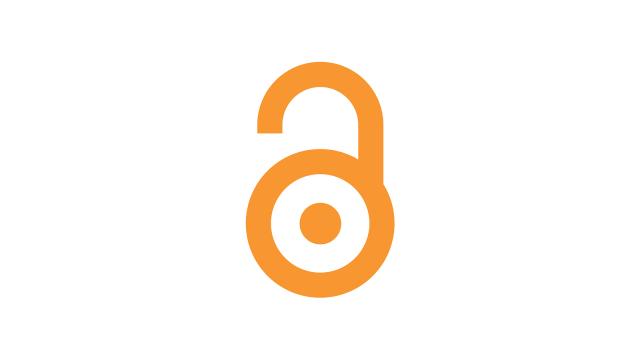Scientific societies and publishers are angry about a rumour that a White House executive order might make all federally-funded research open access.
If the rumours turn out to be true, the Trump administration would expand a program introduced by the Obama administration in 2013 that made federally-funded research available in the U.S. a year after publication. The rumoured Trump order would make federally-funded research immediately available as open access. It would be a win for the open access movement—and a loss for those who make money by putting walls up in front of federally-funded research.
Despite the fact that the White House Office of Science and Technology Policy hasn’t confirmed the existence of such an executive order, scientific publishers are banding together to preemptively oppose it. Various groups and individual publishers have sent letters to the White House asking the president to reconsider the order according to the American Institute of Physics, which runs several of the protesting societies and publishers.
Sixty-two scientific societies signed a letter claiming that the current 12-month embargo period provides “the financial stability that enables us to support peer review that ensures the quality and integrity of the research enterprise.” The Association of American Publishers also sent a letter signed by more than 135 publishers saying the policy would “undermine American jobs, exports, innovation, and intellectual property.”
At present, the publishing model asks taxpayers and universities to pay for research, then pay again to see the results of the research. Federal funding (i.e., public money) is responsible for 44 per cent of basic research funding, according to a 2015 report. Meanwhile scientists write and peer review the research papers without any additional support from the publishing company.
This approach has garnered criticism from scientists advocating for open access publications and the public who would like to see the research that their money funds. This broken system has long been the way that science has been disseminated and was masterminded by a well-known British fraudster Robert Maxwell, the Guardian reports. Maxwell sold his science publishing company Pergamon to publishing giant Elsevier, which runs on a similar model to this day.
Subscriptions to today’s journals are expensive, running in the thousands of dollars per journal. The University of California system already said it would not renew subscriptions to journals published by Elsevier after negotiations broke down earlier this year (the system was reportedly paying $US11 ($16) million every year for access), and Harvard representatives famously said that they couldn’t afford all of their journal subscriptions back in 2012 (the price tag was $US3.75 ($5) million at the time).
To get around the high price of access, a growing number of researchers and science writers flock to the controversial Sci-Hub paper pirating service, which posts pdfs of paywalled papers online in order to get around the expensive paywalls. Open access advocates would welcome an executive order like the one the Trump administration is reportedly considering.
“We wholeheartedly endorse updating current policy and eliminating the unnecessary 12-month waiting period for the public to gain access to the outputs of taxpayer-funded scientific research, including data, articles, and the supporting computer code,” Heather Joseph, Executive Director of the Scholarly Publishing and Academic Resources Coalition, said in a statement.
Brian Nosek, co-founder and director of the Centre for Open Science, told Gizmodo he’d contributed to authoring a petition asking the Association for Psychological Science to publicly withdraw from letters opposing the rumoured executive order. “As a signatory to this letter, APS is explicitly lobbying the United States federal government against the interests of both APS members and the broader public that relies on the science APS members produce,” the petition says.
Meanwhile, funding agencies in some European countries have told scientists to only publish in open access journals. But the Guardian reports that the plan has not benefited universities, which have seen the fees heaped on scientists for their work to appear in open-access journals as publishers try to shift the costs elsewhere.
It’s a broken system, and it’s unclear whether mandating that all published research being free will benefit science without an accompanying sea change that completely restructures the publishing business model and/or a communist revolution. But it’s clear that opposition to this rumoured order stems from one core point: That publishing companies and scientific societies want to continue to charge exorbitant fees for research at the expense of the taxpayers who funded the research.
